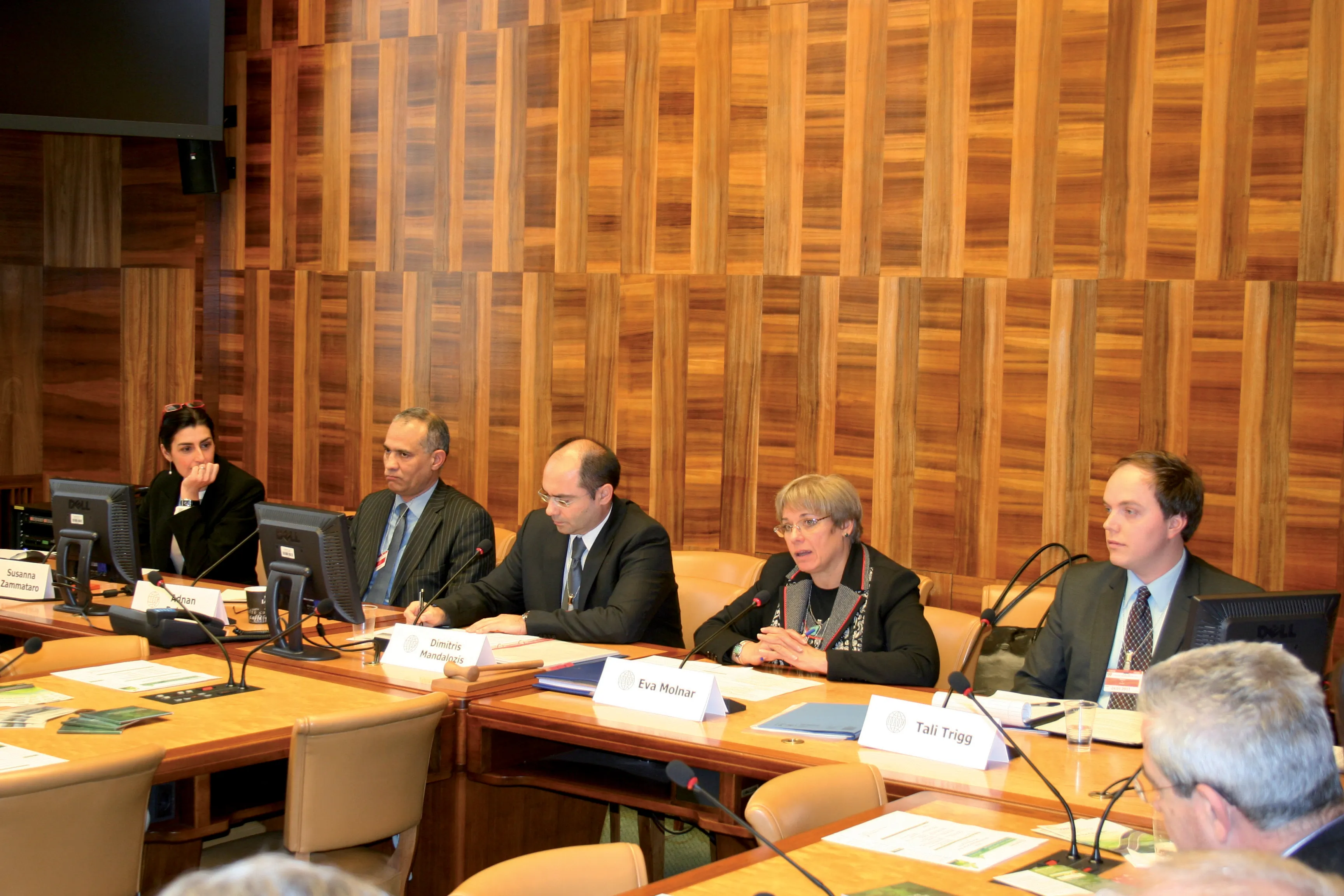
As projections indicate that global road construction will extend by 25 million kilometres by 2050, predominantly in developing economies, the necessity for sustainable transport infrastructure becomes more apparent. Addressing this need, the International Road Federation (IRF Global), in collaboration with MetaMeta and supported by the Asian Development Bank (ADB), has introduced the Green Roads Toolkit. This innovative resource aims to guide the development of environmentally friendly roads, providing comprehensive solutions for sustainable planning, construction, and maintenance of road infrastructure.
A practical approach to sustainable road systems
Highlighting the significance of the toolkit, Patrick Sankey, the president and CEO of IRF Global, remarked, "The Green Roads Toolkit represents a pivotal advancement in our pursuit of safer, more sustainable road systems. It offers practical, actionable solutions to the environmental and social challenges facing road infrastructure today."
Comprehensive Solutions Across Nine Dimensions
The toolkit delineates interventions and good practices across nine crucial dimensions, including decarbonisation, climate resilience, effective water and land management, pollution reduction, quality of life enhancements, ecosystem protection, disaster preparedness, responsible material sourcing, and fostering inclusive growth. These guidelines serve as a roadmap for stakeholders to design and manage green roads effectively.
Essential Resource for Infrastructure Development
Developed under the ADB’s initiative TA-6756 - Improving Infrastructure Sustainability Through Better Asset Management, the toolkit has been described as a vital resource. Michael Anyala, senior transport specialist at the Asian Development Bank, stated, "This extensive resource provides critical guidance for engineers, planners, and policymakers involved in planning, designing, operating, and managing inclusive, low-carbon, and resilient road infrastructures."
The Green Roads Toolkit is available for download and promises to be an invaluable asset for those engaged in the global challenge of transforming road infrastructure. For more details on the toolkit or to learn more about IRF Global, please visit www.IRF.global or contact Magid Elabyad at [email protected].








